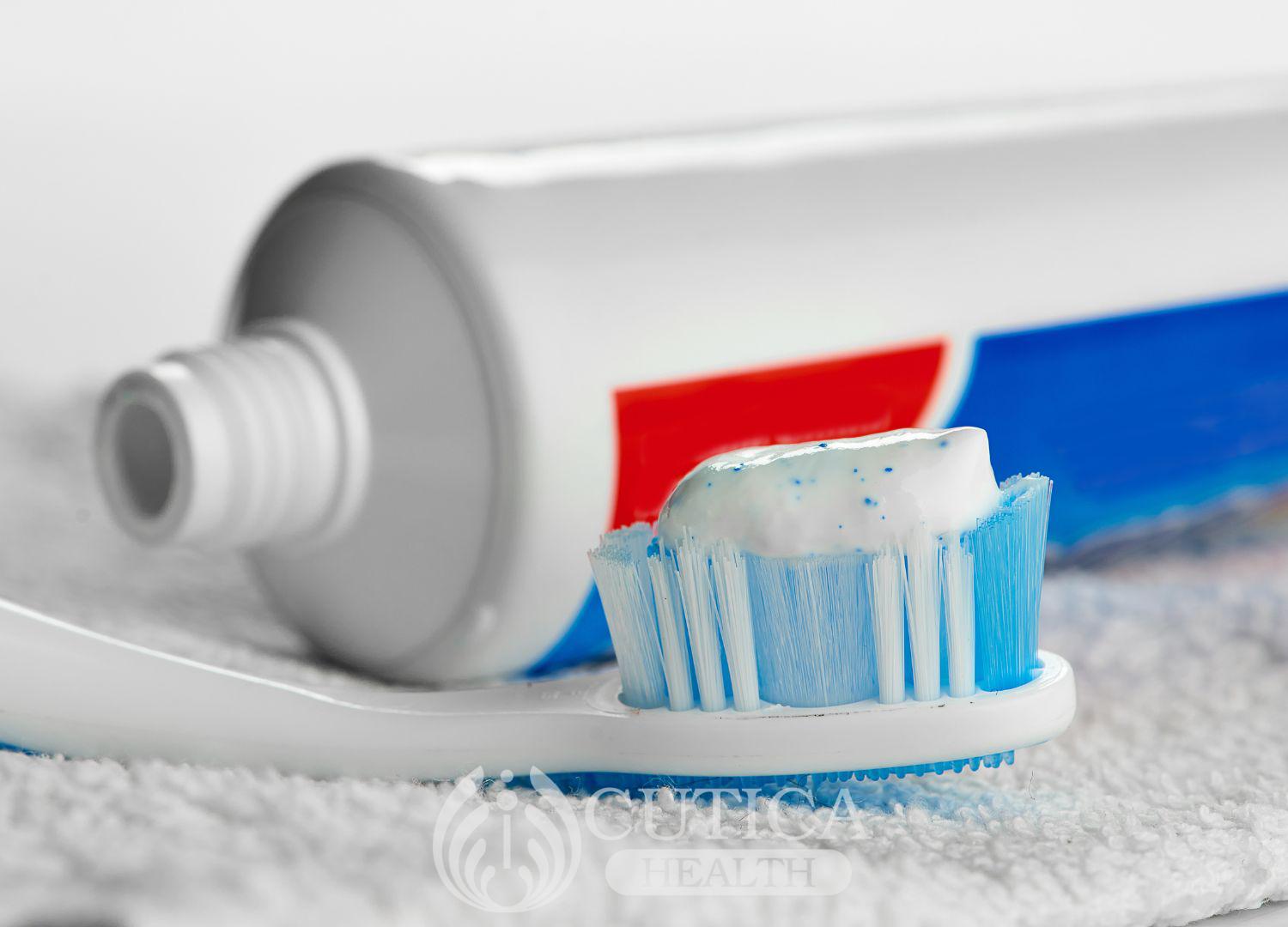
What are the reasons for bad breath?
A large number of individuals suffer from halitosis at some point of time in their life. Although halitosis has various causes, most cases are linked to poor oral hygiene, periodontal diseases (gum diseases), coated tongue, food impaction, and poor denture hygiene.
• Poor oral hygiene
The most common cause of halitosis. Poor oral hygiene harbors bacteria that ferments the food or other substances releasing foul-smelling gases

• Certain food and drinks
Certain foods such as garlic, onion, cheese, meat, and certain beverages can cause bad breath.
• Tobacco use
Smokers and people who use other forms of tobacco (chewable and smokable) are at a higher risk of developing halitosis.
• Alcohol abuse
Alcohol intake can cause bad breath; however, it is less common in occasional drinkers.
• Dry mouth
Dry mouth or Xerostomia is another condition that can cause bad breath. It is most commonly seen in stressed individuals and people taking medicines that can cause dry mouth.
• Gum disease and dental infection
What Can You Do About Bad Breath?
SELF CARE


1. Regular tooth brushing along with flossing and use of interdental brushes. You can also use a tongue scraper in case you have a coated tongue. Coated tongue is a common reason for bad breath.
2. Using products such as sugar-free chewing gums and mint, oral rinses, and toothpaste can reduce bad breath. However, these products tend to simply mask the foul smell, hence are not considered to be a therapeutic approach.
3. Habit changes and diet control. Reducing food and food products containing onion, garlic, and cutting down on cigarettes and alcohol will significantly reduce bad breath.
PROFESSIONAL CARE

4. Periodontal treatment (gum treatment) to remove “plaque” and “tartar” on your teeth, and also to reduce the infection of your gums can eliminate bad breath.
5. Decayed teeth act as a reservoir for bacteria. Getting such teeth cleaned and filled (or extracted) by your dentist can reduce bad breath.
6. Correcting improper fillings and other prostheses in the mouth that may harbor bacteria is an essential part of halitosis management.
7. Treating dry mouth with saliva supplements will help you keep your mouth moist, and may reduce bad breath. These products include sugar-free fluids and artificial saliva.
8. Some people complain of halitosis without any obvious cause or when there is no halitosis present. This is referred to as false halitosis and is managed with psychotherapy and adequate counseling.
9. Regular dental visits. This is important to identify problems in the oral cavity, particularly infections and other conditions that may be causing bad breath.
Take Home Message: Bad breath is a common problem. Don’t let it ruin your self-esteem. Take control of the situation as Martha did.












